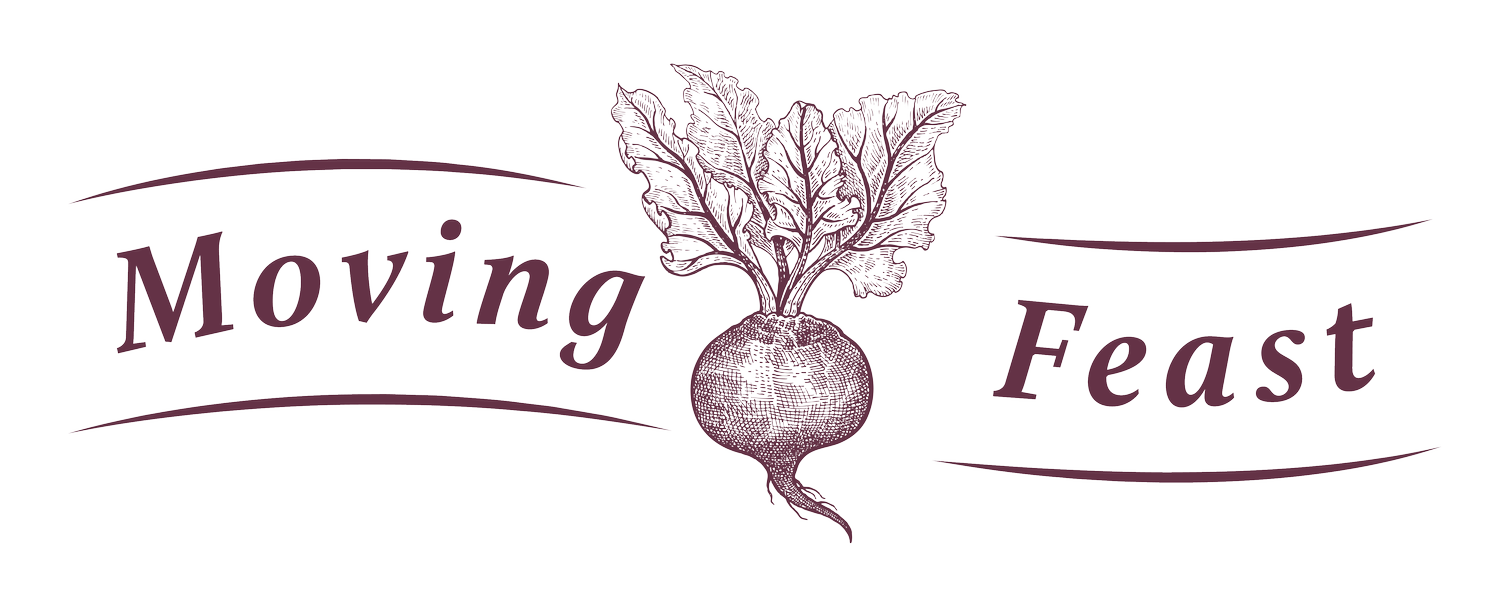Measuring our impact
In 2023 we are developing an impact strategy determine to progress towards our Impact Goal: a connected, fair and regenerative Victorian food system. Read our approach for how we arrived at this goal, and how we plan to get there.
In the meantime, we are tracking and measuring all projects using Wicked Lab’s Tool for Systemic Change, focusing on three impact areas:
Building the adaptive capacity of communities;
Assisting governments to create solutions with communities;
Assisting communities to innovate by interfacing with governments.
Right from the start we have taken a Complex Adaptive Systems approach to our work, understanding that a broken food system is a ‘wicked problem’ highly resistant to resolution, and that finding solutions would require a diversity and multitude of actors to be collaborating. The Wicked Lab tool helps us visualise this, and see where gaps and opportunities exist for action.
Big collaborations, big impact
Australia has over 12,000 social enterprises, ‘businesses for good’, providing people-centred services, community-led innovation, access to decent work, and environmental care (Gales & Khalil, 2022).
The collective actions of the social enterprise sector have significant policy impacts, and drive outcome measures and avoided costs to government by reducing need for acute services such as mental health (Department of Treasury and Finance, 2022; see also image below). The cost savings to governments by STREAT’s work with young people over eight years was estimated at $16M in a 2018 university study, for example (STREAT, 2018).
But big change can’t be achieved by one sector, nor one network. This is why we are calling for bold, cross-sector, community-led collaborations for food system change that significantly expand and diversify the network, powered by a social enterprise ‘backbone’.
References
Department of Treasury and Finance (2022). Future directions for Partnerships Addressing Disadvantage: Consultation paper.
Moving Feast. (2021). Moving Feast Year 1 Report.
STREAT. (2018). STREAT Annual Report 2017/2018.
